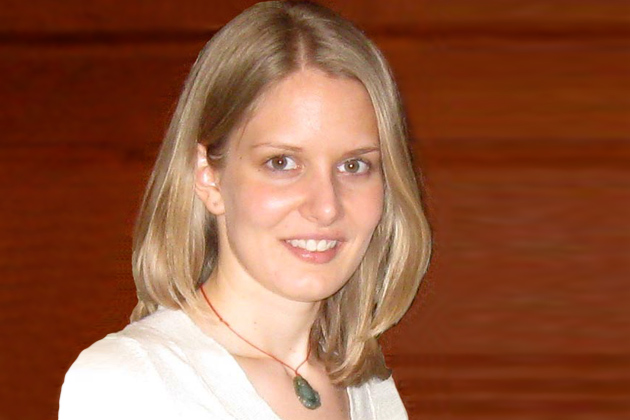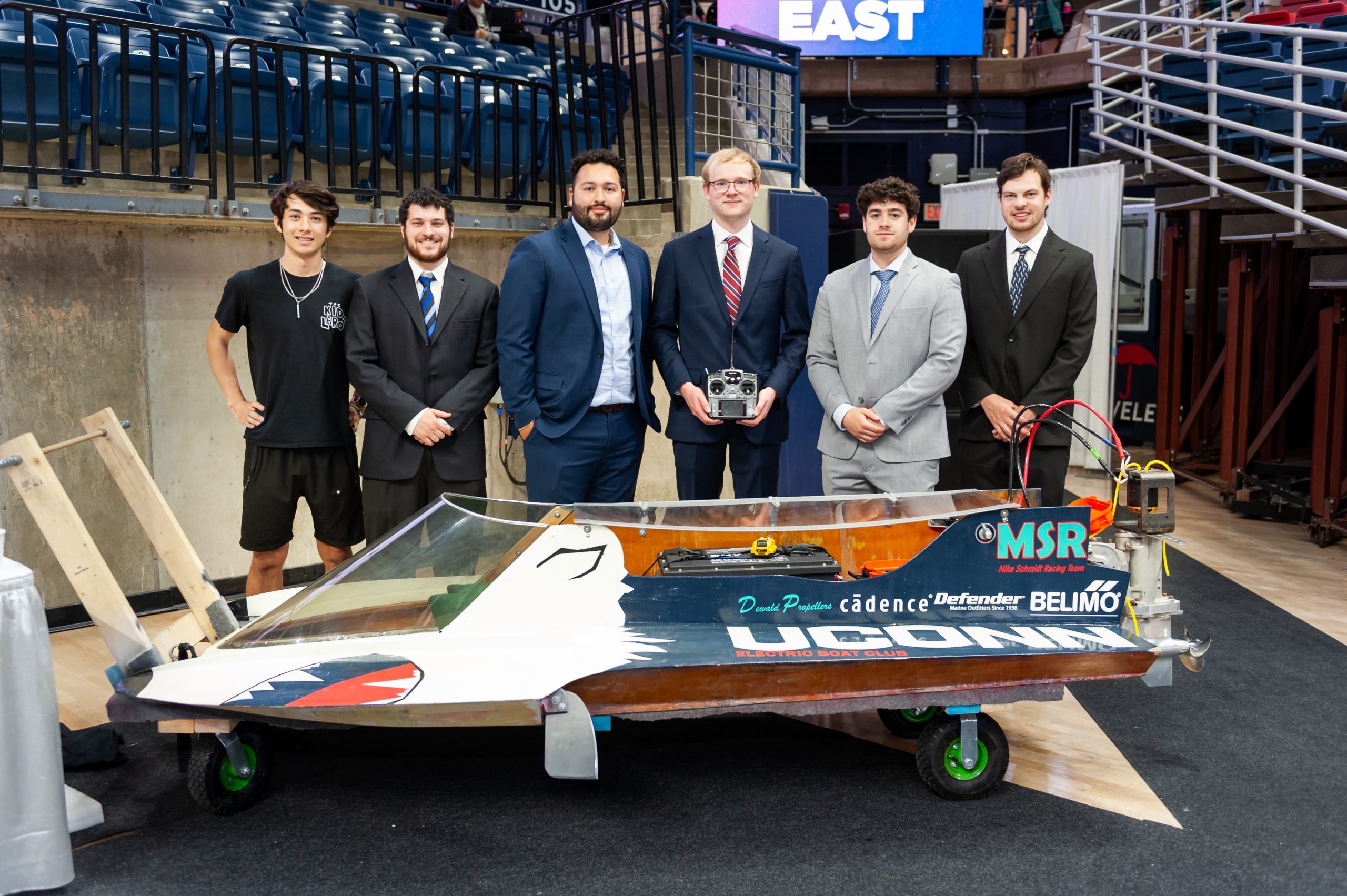
Charlotte Hinkle can’t pinpoint exactly why giving back is so important to her. It’s just something she has always valued and strived to do.
At first, she thought she would give back through science by getting her undergraduate degree in cellular neuroscience. Then she earned her Master of Science degree with a focus on cancer prevention and population sciences. “Science is all about furthering human knowledge and living better,” she says.
When it came to disseminating that knowledge to the public, however, Hinkle found roadblocks. She wanted to bridge the gap between scientists and non-scientists, and decided that specializing in intellectual property law was the perfect way to do so.
Hinkle has been an active participant in the School of Law’s Intellectual Property and Entrepreneurship Clinic, which provides free legal services to people, businesses, and non-profits. Students work on real-world problems, including patent, trademark and copyright applications, business licensing, and employee confidentiality agreements. Hinkle remembers speaking with her first Clinic client about trademark ideas.
“It was so wonderful to feel like I was helping my clients and their business,” she says. “Helping them promote their ideas has been exciting.”
In addition to the Clinic, Hinkle was a member of the Connecticut Law Review and the Connecticut Moot Court Board. She mentored other students as part of the Women’s Law Student Association, volunteered her time to help prepare tax returns for low-income residents, and provided more than 100 hours of pro-bono legal services during her three years as a law student. By doing so, she earned a certificate from the Law School’s Pro Bono Pledge Program, which encourages students to volunteer at least 50 hours of legal service during their years of study.
In May 2011, she was selected to be a presenter at the World Intellectual Property Organization summit in Geneva, Switzerland. She spoke about the legal issues surrounding patents held by U.S. companies for products based on a material from a plant that is only grown in Tanzania.
“It was so revealing to see how other countries interpret U.S. law,” she says.
Hinkle is very appreciative of the opportunities she has had outside the classroom. At times it was a challenge to balance her time, but she says the Law School community was supportive and understanding when commitments overlapped. Most importantly, the beyond-the-classroom activities gave her an outlet for public service.
Now that she is graduating, Hinkle plans to continue serving the public through her work. She has been selected for the highly competitive Presidential Management Fellows Program and will be working at the U.S. Food and Drug Administration, where her primary responsibility will be to review new regulations to see if they are feasible. She will even get a chance to tie in her cancer research experience while looking at tobacco regulations. During the two-year fellowship, Hinkle will get the chance to work at other government agencies as well. She does not know exactly where her career will take her, but one thing is for sure: that career will be grounded in giving back.



